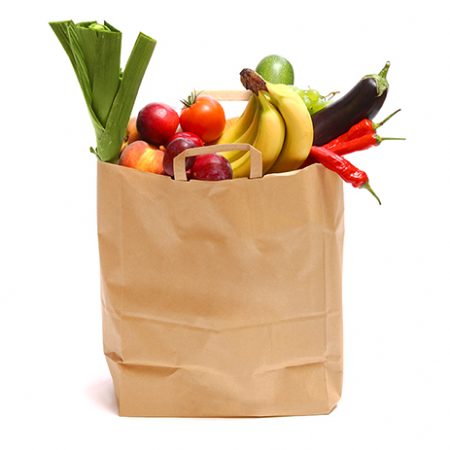
A new study by a Florida State University researcher is examining why people purchase organic groceries.
Hyunjoo Lee, an assistant professor in the Department of Retail, Merchandising and Product Development, found that consumers make their grocery decisions on a variety of factors, including nutritional content, natural content, ecological welfare, price and attitudes. The article is set to appear in the January edition of the journal Food Quality and Preference, but is available online now.
“I recognized trends in the United States that people are more concerned with what they are eating and trying to be healthier,” Lee said. “So, I looked at several product attributes to see what drove their purchases.”
Lee interviewed 725 consumers, ages 20 to 85, who were the main grocery shoppers for their households. Of the sample, 55 percent were women and 45 percent were men.
Lee said that neither the level of natural content, nor its degree of organic quality drove customers who bought organic food regularly. Rather, consumers focused on more utilitarian attitudes related to nutritional content and the environmental impact of the food.
And unsurprisingly, price is still the major deterrence for shoppers looking at organic food.
Lee said that information can be of critical importance for organic farmers and food retailers who are trying to expand their reach in the future.
The organic food market is an area that is ripe for expansion. In the United States, the organic food sector has grown an average of 9.4 percent for the past five years and is expected to be worth $46.5 billion by 2016.
However, organic food sales only constituted about 4 percent of total U.S. food sales in 2010.
“When you are planning the marketing strategy for companies or organic farmers you can consider this type of information and really know how you need to target the consumer,” Lee said.




